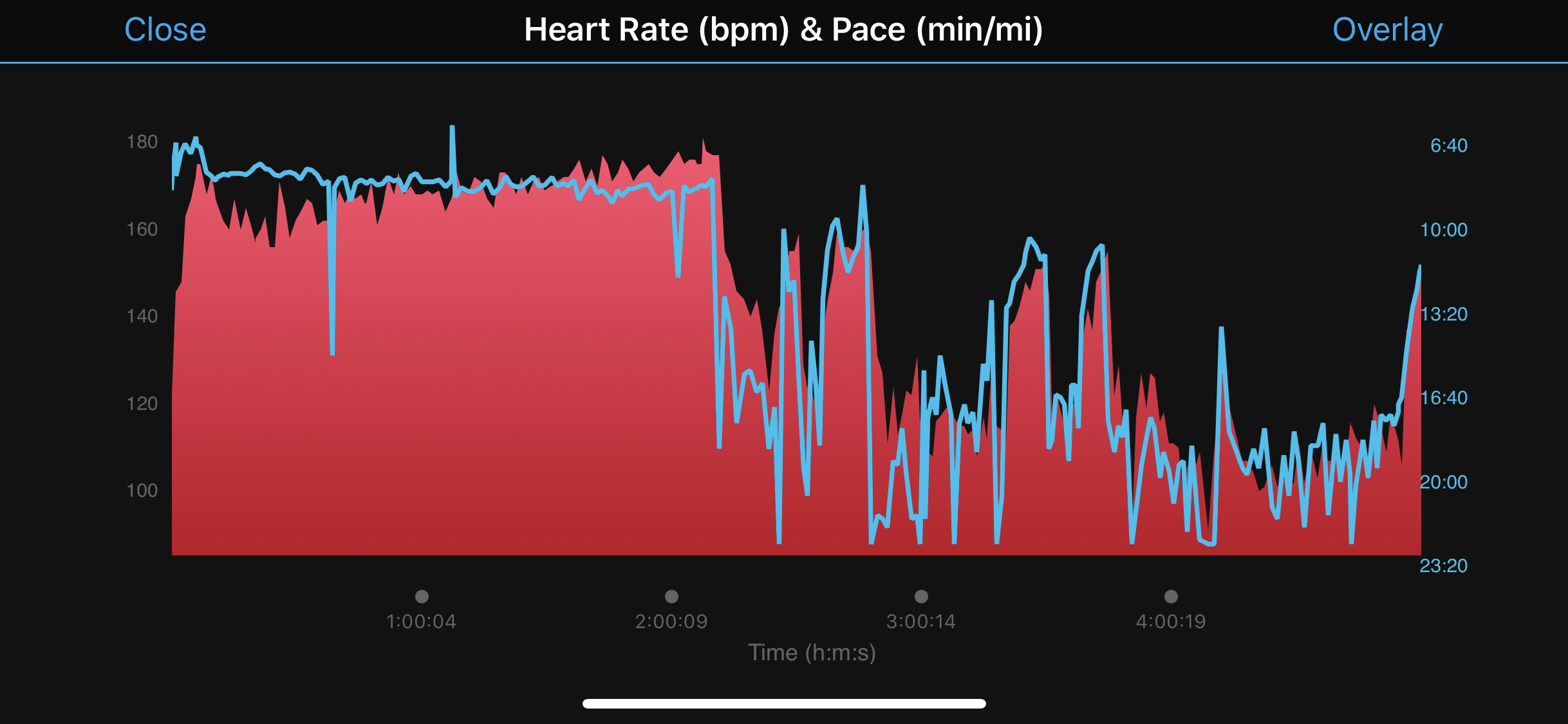London Marathon 2018: did tech wreck my race?
It was definitely frickin' hot
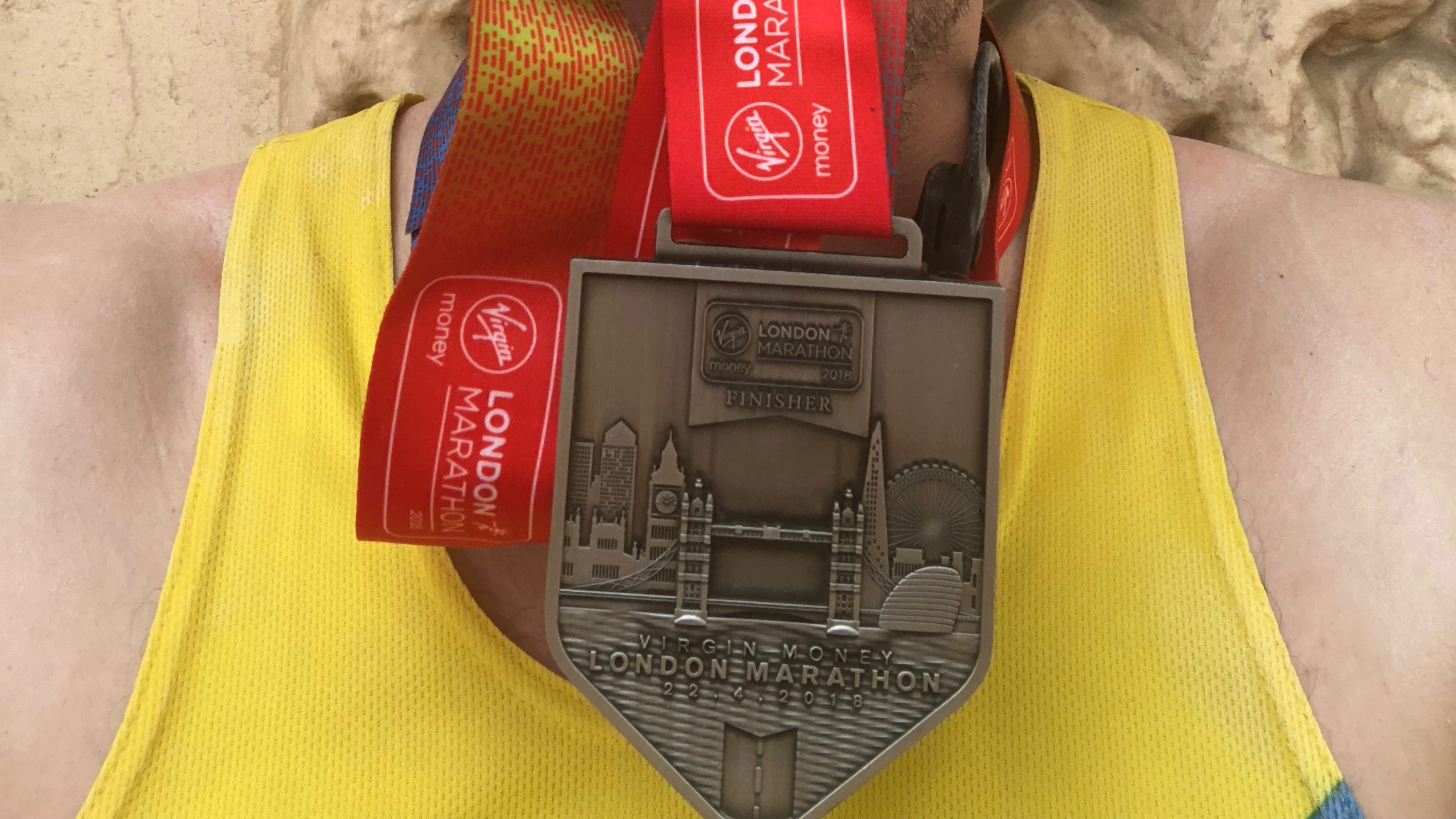
Sign up for breaking news, reviews, opinion, top tech deals, and more.
You are now subscribed
Your newsletter sign-up was successful
‘It’s hot.’
‘It’s so hot.’
‘I’m not going to make it.’
That was pretty much the entirety of my mental dialogue for the first 16 miles of the London Marathon 2018. A slow trudge into torture, a furnace that wouldn’t abate.
It wasn’t supposed to be that way. Sure, I knew it was going to be warm, but I had a strategy. Go far too slow at the start, and still have something left at the end. I’d given up on setting any records for myself, and I was just going to enjoy the day.
I had all the technology I wanted - something I’m always struggling to balance, deciding between weight and being able to call on gadgets when the going gets tough - and standing at the start I was feeling strong.
The heat was blasting down, but I had factor 100 sun cream that I’d bought when taking on the mountain race a couple of years ago, so I felt I pretty sure I could probably have walked on the surface of the sun for a few minutes with this kind of protection.
Sign up for breaking news, reviews, opinion, top tech deals, and more.
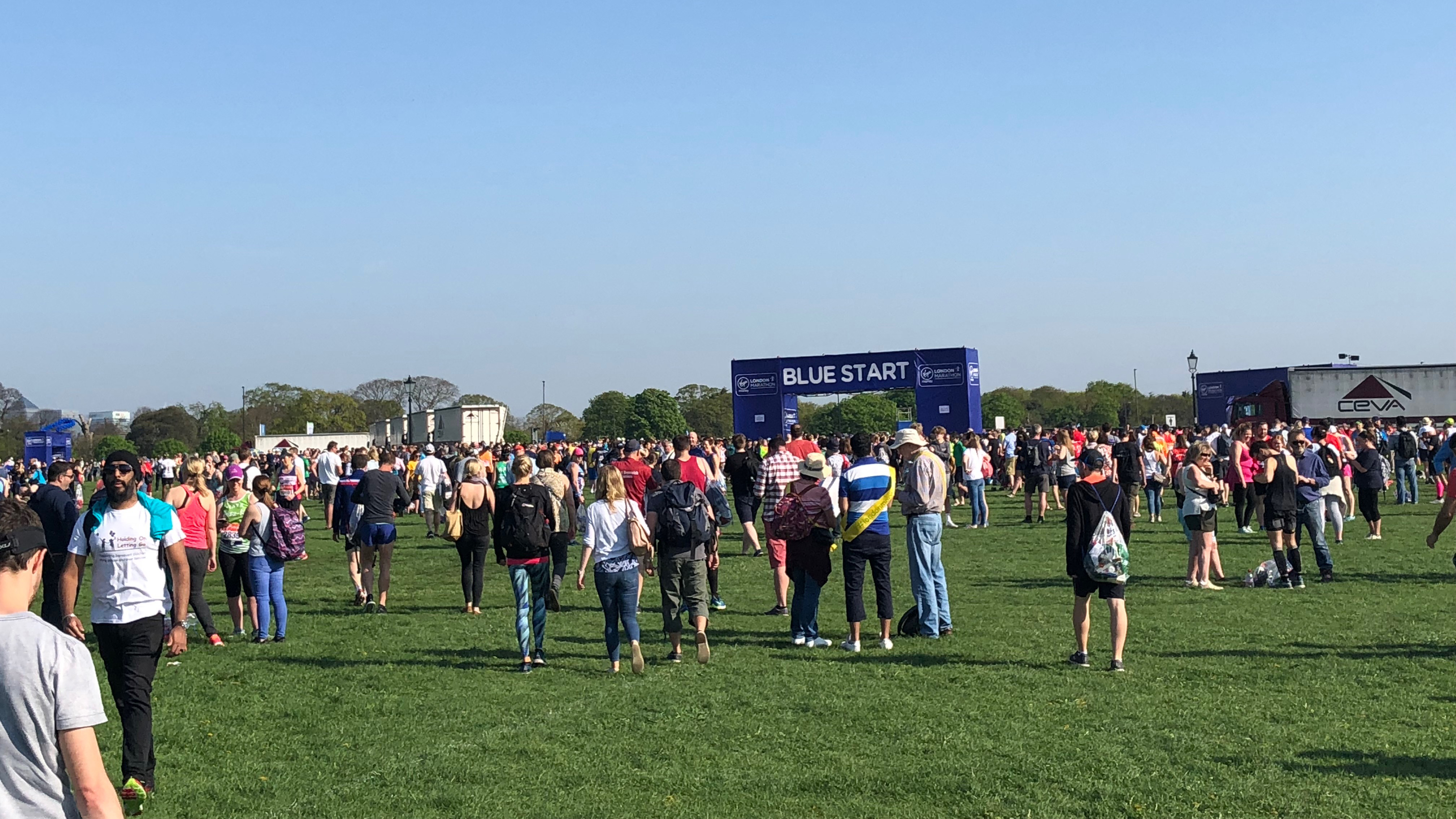
I had decided to try the Arion smart soles in this race, delivering information on where my foot struck, how it rolled through a step and where that sent tension up my body. By logging this marathon, I’d hopefully be able to compare it to the next one and see where I’ve made improvements. Or weep when I find I’ve got worse.
As I needed my phone to log the Arion data, I decided to drop the Apple Watch 3 from my gadget armoury and just stream music from my handset to the Aftershokz Trekz Airs I was using, the bone conducting headphones that allowed me to hear any cheering but zone back in the music when things quietened.
Finally, I’d plumped for the Garmin Forerunner 935 as my watch of choice. Last year I’d used the Forerunner 735XT - one our best running watches - because it let me virtually run against my best ever marathon time.
This year was a bit different - I was going to put in my minimum pace for the marathon, and then at halfway I’d kick on and get faster and faster, running away from my slow ghost.
Before I know it, we were nearly off - I just had enough time to set the GPS on my watch and start the smart soles app (which is also a phrase I’m pretty sure my father has never said). But in my haste I realised I hadn’t double-checked that my virtual ghost was working… and when I clicked through the data screens, my heart dropped.
The key thing that I’d been planning to motivate me through this race was gone. I was heartbroken, and thought about restarting the watch to get it back, but decided against it.
You’ll see soon that this was a very good decision.
- See how to watch a London Marathon live stream
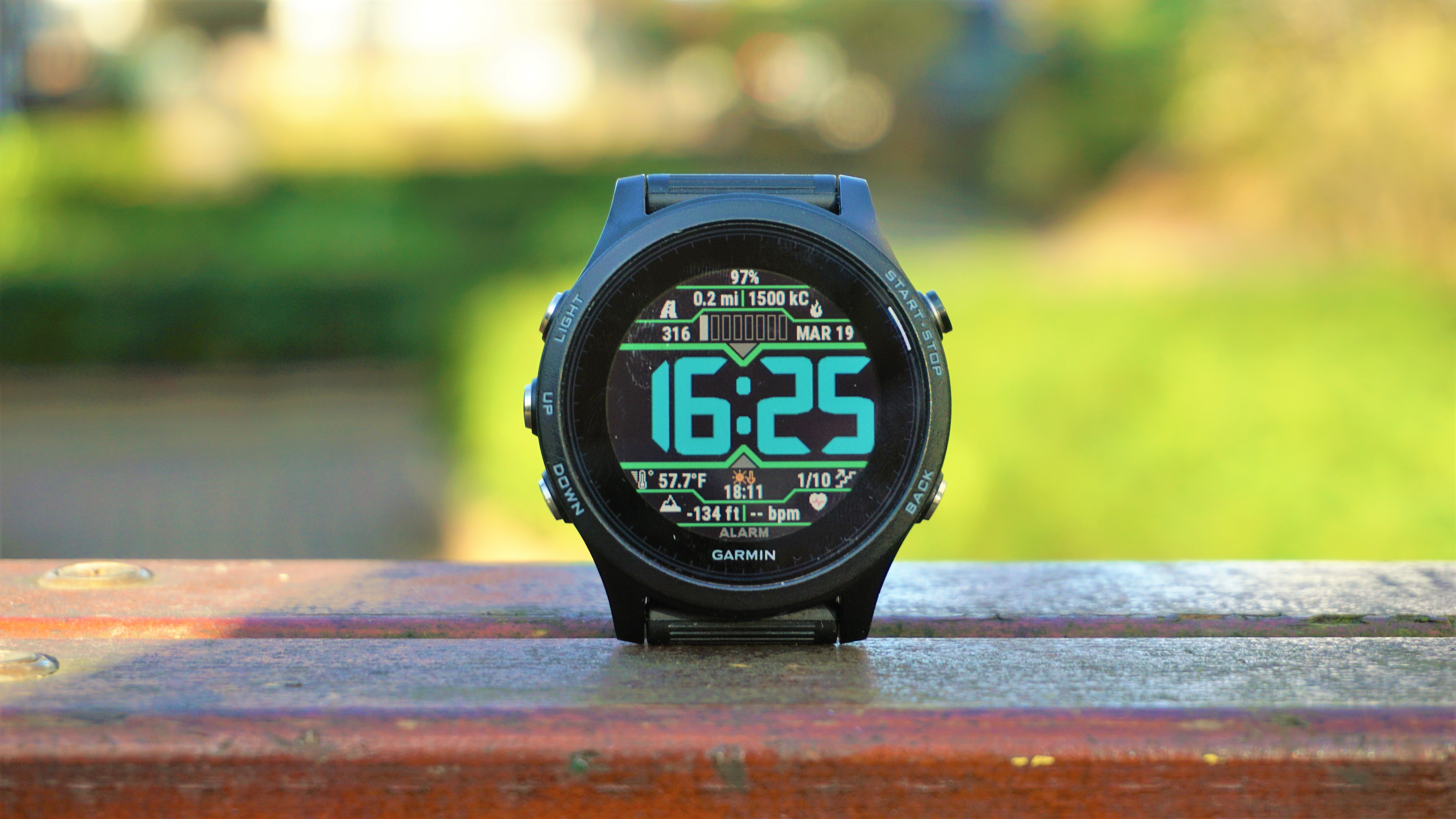
I’d started the race with a good friend of mine, someone who was well on for a sub-3 time, and decided to do the first mile with him. I’ve often kicked out a fast first mile to get me into ‘race mode’ and it’s been a good move - the rest of the run has often been quicker as a result, even when I slow down.
It was not a good move this time. In what was to become a familiar sight, my heart rate skyrocketed and I began sweating hard, and I’d only been running for a few minutes.
If you’re at all familiar with motorsport, it’s like when a driver spins up his tyres too hard and cooks the surface, making them less efficient. You can recover it with some concentrated effort, and that’s what I tried to do by slowing right down.
It took a while, but I gradually began to regain control of my heart rate. I’ve been using Garmin watches for a while, and they’ve got a great ‘lactate threshold’ feature, this basically pinpoints the heart rate when your muscles are making more waste than they can get rid of.
You’ll know the point: when you suddenly feel the world is going to collapse and you can’t run any more. It’s horrid.
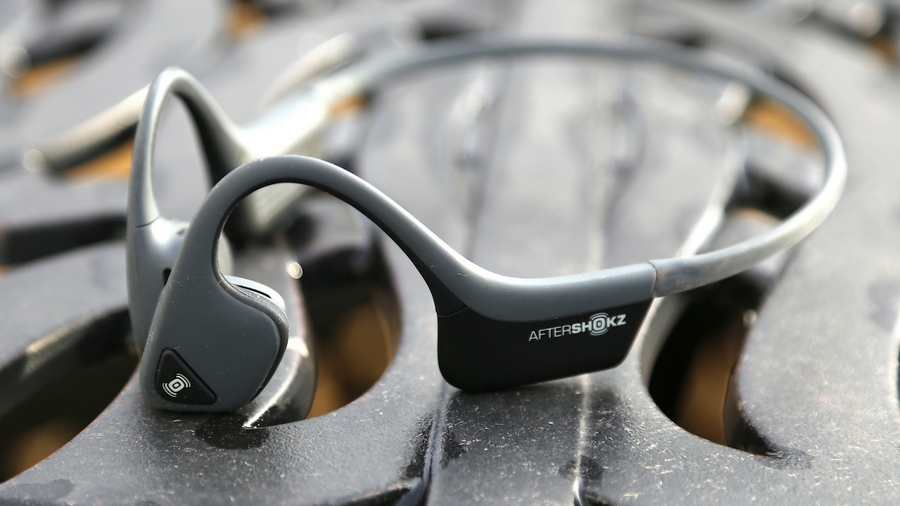
I knew confidently that mine was about 167 beats per minute (bpm) and I did what I could to keep it below that. It wasn’t a lot under, but my times were on target and I was feeling OK.
Knowing that number felt like a secret weapon, something that I’d learned because I’d spent so long working out how the technology fitted in with my life. I was having to constantly slow down to stay on my target pace, and while I was a little close to the threshold, it seemed manageable.
However, at mile five things started to go wrong. 158bpm was suddenly 161bpm, and I felt like I wasn’t trying as hard. My performance condition, a number from Garmin watches meant to correlate with my tiredness, was beginning to drop quickly… things were going south.
This continued as I progressed mile after mile, my world darkening and the oppressive heat beginning to seep into my mind. I kept forgetting to drink and take my gels at the right time, and the water belt I’d brought with me at the last minute (so I’d have better drinks to offset dehydration) was causing me quite a lot of pain.
As I crossed Tower Bridge, heading to the halfway point, the slight hill upwards nearly made me want to weep. By this point I was not only pumping out well over 167bpm, but trickling into the mid 170s, which is the sort of thing I see in 5k races. Not long, comfortable marathons.
The only thing that made my heart rate drop was the momentary sanctuary of shade… and that was far too infrequent.
The rising heart rate was playing havoc with my mind. I was trying all I could to slow down, to get my heart rate under control, but I couldn’t reconcile the effort with the heat. Every step I took seemed a million miles from the end still, and my heart rate continued to rise, dragging my spirit with it.
I tried all the tricks I knew - running mindfully, dropping shoulders, reducing stress wherever I could. Nothing worked. I suddenly felt more panicked than the year before, the sheer distance left killing me mentally. I felt terrible, but I held onto the fact that this was my race and it didn’t matter how I ran it.
Pretty soon I had one goal left: don’t walk before mile 16. In my first marathon, that’s where I cracked, but I’d been going a lot faster then. Still, it seemed a symbolic point, and I managed to drag myself there.
Crossing that point, I felt that with only 10 miles to go, perhaps I’d be OK. Maybe I’d make it after all, the light at the end of the tunnel surely only a few miles away. At least get to 17 miles, right?
Then a small hill came, and I suddenly hit 181bpm. These rises in heart rate might seem slight, but the difference between 167bpm and 181bpm was the gap between comfortable-but-hard running and all-out sprinting at the end of a 5k race.
I was cooked. That was it - in this heat, anything more would have risked heat stroke. I headed to the side of the road and started walking, distraught I’d let myself down but, at the same time, knowing there was nothing I could have done.
Should I have gone slower in the first mile? Maybe, but that wouldn’t have contributed to the effort that much… surely?
After a few minutes of walking, and taking on more water and some gels, my heart rate began to fall to a more manageable level. I started to chatting to another walker, Marc, who was suffering the exact same way.
We both spent a few minutes moaning about how unfair the sun was before pulling ourselves together and promising to finish together. It’s amazing how the gaze of another person can do that to you when only a few minutes ago your spirit had given in.
By this point, my heart rate was well back down to normal levels so we got running again, convincing ourselves to get to certain points before having another rest. We weren’t going to finish fast, but we were going to finish as well as we could.
Disaster struck for Marc though - his back started to really hurt and he could barely walk, let alone run. We tried, but could only manage painful shuffling. He wanted to pull out, to let me go on, but he was quickly convinced to carry on until mile 21 where his family was waiting.
We shuffled our way there, walking and running in equal measure, and eventually made it to his supporters. He was wrought in pain, not only from the injury, but for feeling like he was failing himself for walking so much.
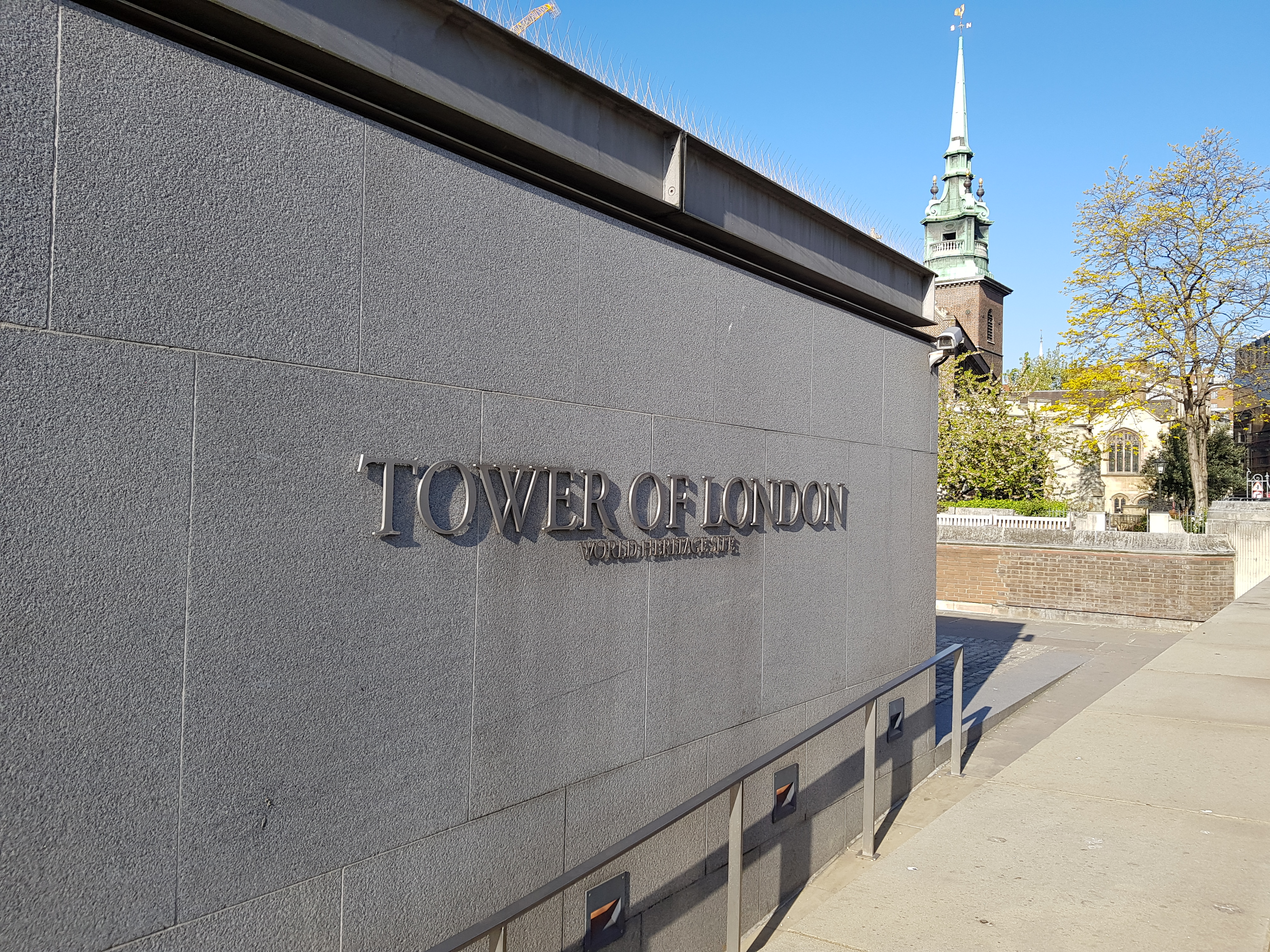
Despite that, he got another boost at seeing his family, and we decided to get through the final five miles no matter what. My race was long gone (in terms of getting a time I was happy with) so it made sense to find another purpose - I didn’t want any medals going to waste, after all.
We did some quick sums to see what sort of time we could finish in (I was now glad I now didn’t have that virtual pacer, who had long galloped off into the ghostly distance). Could we crack 4:15? It was possible.
Marc gamely pushed on, running as hard as he could, while I silently realised that I could no longer win the race. I mean, it was never going to happen, but it’s like when you realise you’re too old to be picked for the national sports team.
Sadly, at mile 23, the combination of heat and pain got to Marc, who suddenly got really dizzy and was rather ill. We spent some time at the side of the road, and after a few minutes he told me he wanted to carry on. We’d come this far and we were going to make it to the end.
On the one hand, walking the final miles to the end (well, shuffle-limping in Marc’s case) was excruciating, the heat and slow pace making everything drag. On the other hand, it was a lovely walk in the London heat, and I ate so many free orange segments I’d basically had lunch.
Eventually the finish line crept into view, and we launched into a final jog for the final 600 metres. It wasn’t fast by any means, but we weren’t going to walk across the finish line.
The sense of it all being over was euphoric, the thought of being able to get out of the sun and back to normality. A marathon is never easy, but this one had taken a turn I’d not expected - but I was glad of it.
Help or hinder?
Something kept running through my mind after I’d finished: did knowing my heart rate so acutely, being told my performance condition, destroy my race? Did it make me more stressed and use up energy?
Or, was it the reason that I managed to finish and not pass out at the side of the road or end up in hospital afterwards, as so many did? There’s no doubt that I was struggling to keep up the pace, and looking at my heart rate only corroborated that, rather than influence it.
The smart soles seemed to work pretty well, and I’m quite intrigued to see if the coaching they offer can help me crack the sub-3 marathon later in the year (as Arion suggests it can).
The star, for me, were the Aftershokz Trekz Air headphones, which kept going, and going, throughout the race. For something that feels so light, they sure keep plugging away.
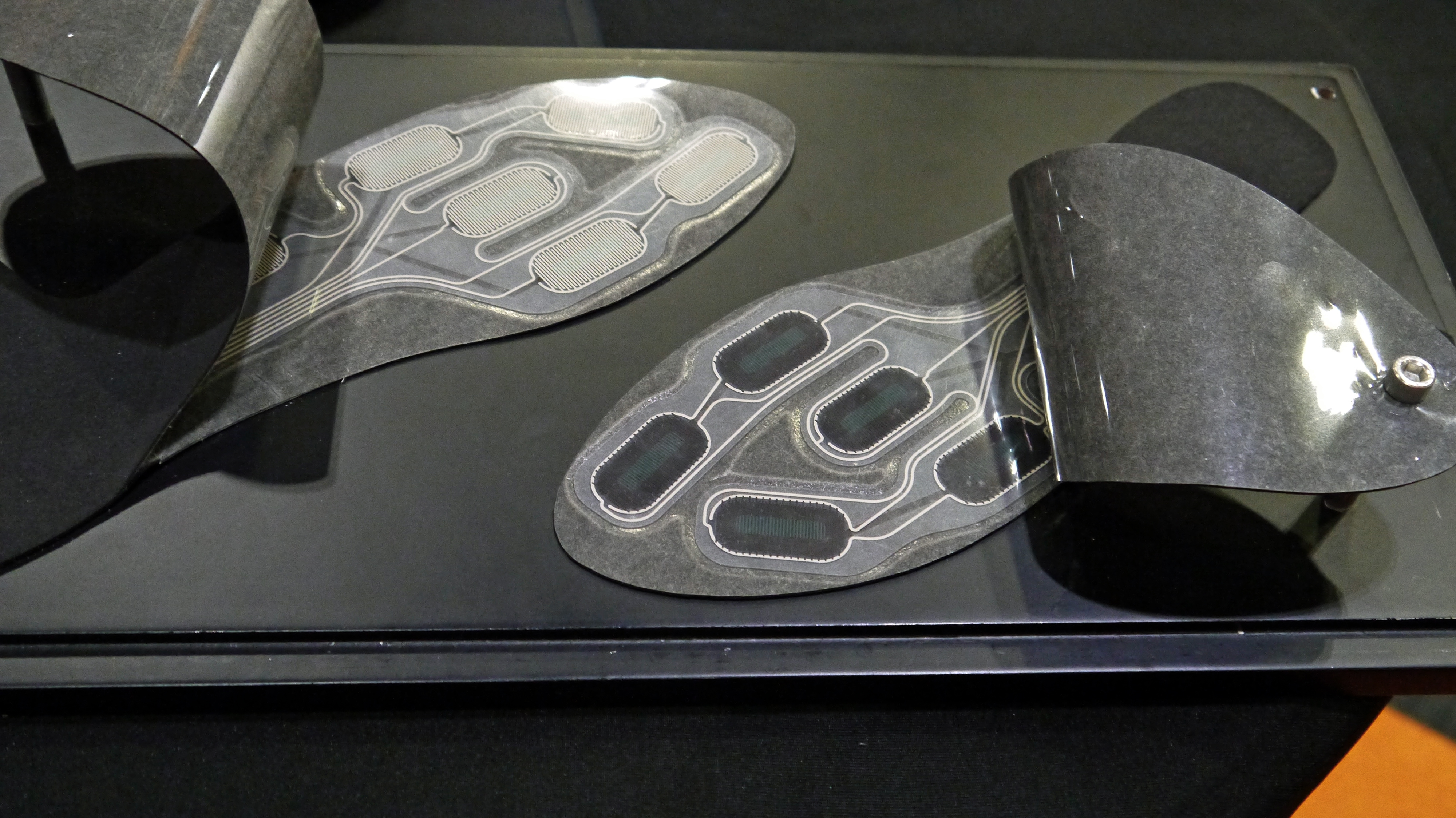
And I’m not annoyed at the Garmin Forerunner 935 - all it did was accurately describe my condition, and looking at the graphs after the race it did just that.
There’s definitely another step to be taken here: a watch or other wearable that looks at the data (the heat, my heart rate, my usual capabilities) and gives me advice on how to save a race in these conditions.
Perhaps that’s too reliant on tech. Maybe if I’d just run with me, shorts, a vest and trainers I’d have breezed it. But it certainly didn’t feel that way in the cauldron of heat, and I feel like I’ve learned a lot.
The good news is that I’m doing it all again in Hamburg this Sunday… that’ll be fine, right?
- Gareth Beavis is TechRadar's Running Man of Tech, bringing you a daily diary as he counted down to the big race at the London Marathon. He gained a place in the media ballot, but paid full price for his entry. You can see the full story here:
- Day 1: Why tech can be your secret weapon this year
- Day 2: The best tech for the London Marathon: the gadgets I'll be using
- Day 3: How much do runners care about tech this year?
- Day 4: Smart ways to track your friends during the marathon
- Day 5: Can this app pace you to your perfect marathon?
- Day 6: I'm finally winning the race against anxiety - but I'll never reach the finish line

- If you want to say hi, he's @superbeav on Twitter
- You can see his stumblings on Strava
- And for more data, follow him on Smashrun
- And if you want to get the full lowdown on the latest and greatest running tech, read the rest of the Running Man of Tech story here

Gareth has been part of the consumer technology world in a career spanning three decades. He started life as a staff writer on the fledgling TechRadar, and has grew with the site (primarily as phones, tablets and wearables editor) until becoming Global Editor in Chief in 2018. Gareth has written over 4,000 articles for TechRadar, has contributed expert insight to a number of other publications, chaired panels on zeitgeist technologies, presented at the Gadget Show Live as well as representing the brand on TV and radio for multiple channels including Sky, BBC, ITV and Al-Jazeera. Passionate about fitness, he can bore anyone rigid about stress management, sleep tracking, heart rate variance as well as bemoaning something about the latest iPhone, Galaxy or OLED TV.
